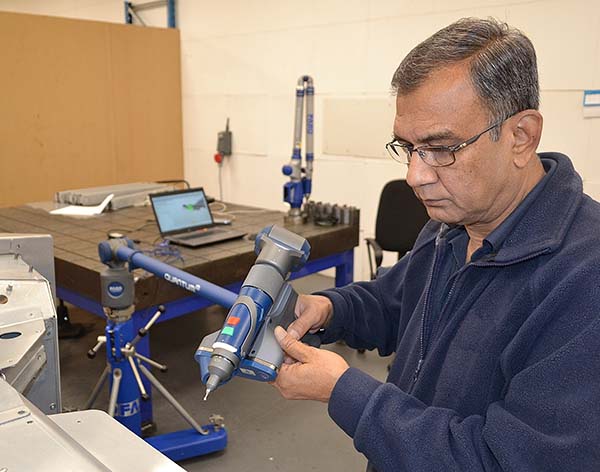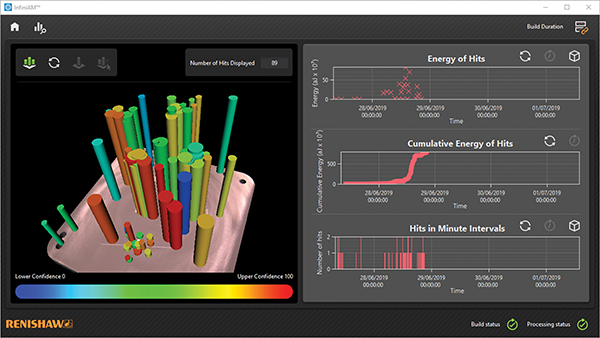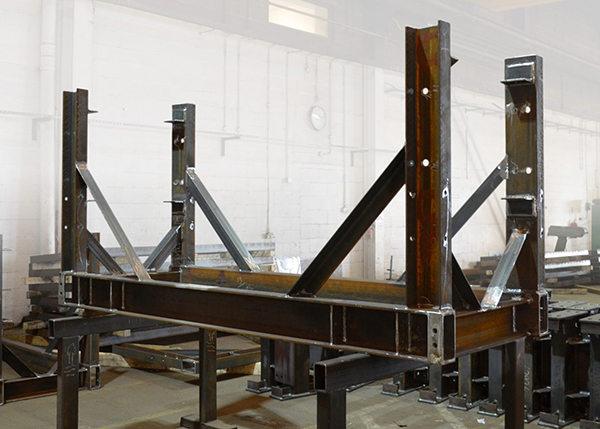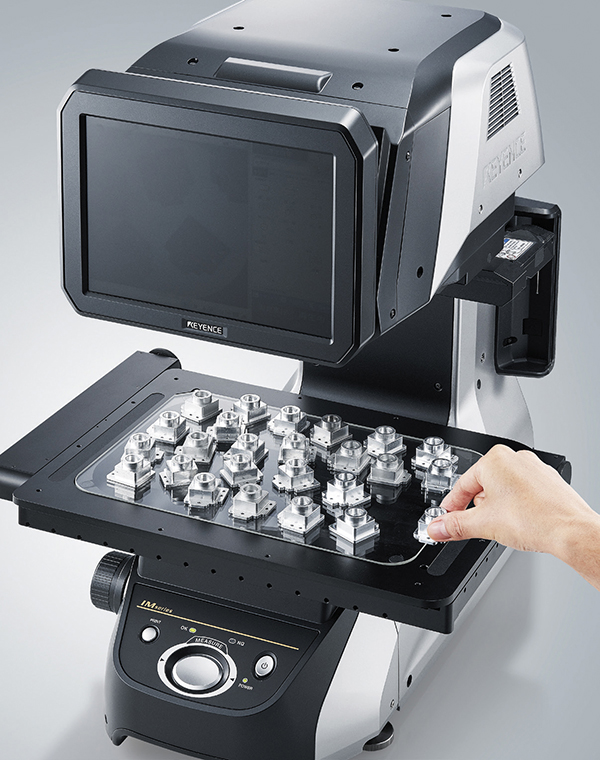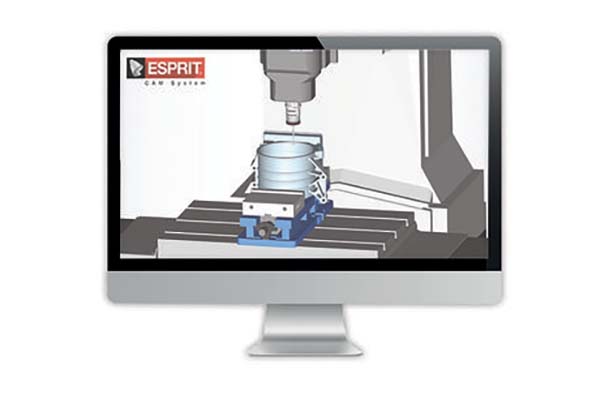The Fablink Group is a privately-owned company specialising in the manufacture of cabs, pressings and assemblies to a number of global OEMs. To help inspection staff at the company’s Brixworth Technical Centre keep pace with rising production levels, and to improve the company’s measurement capabilities, Fablink researched measuring tools that had both tactile probing and scanning capabilities, as well as offering the generous measuring capacities required to cover such large assemblies.

After witnessing several demonstrations, an order was placed with Faro UK for a 3 m measurement range Quantum-M ScanArm fitted with a FaroBlu Laser Line Probe SD.
Fablink’s head of quality Glenn Wright explains: “As we serve a range of challenging industries where consistent quality and competitive pricing are of paramount importance, it is vital that we remain at the cutting edge of the technologies that support our quality ethos and our continuing pursuit of efficiency improvements.
“It was these factors and an increased workload that recently prompted our search for large-capacity technology that would boost our inspection competencies and further improve efficiency levels,” he adds. “After seeing three scanning systems perform demonstrations, we came to the conclusion that the Faro Quantum-M ScanArm was both the easiest and fastest system to use. We were very impressed with its accuracy, repeatability and the standard of the useable real-time data, alongside its ability to reduce our previous scanning times by up to 75%.
“Although intended for use mainly at our Brixworth site, as the Faro solution is portable and quick to set-up, it is available for use at our other facilities. The Quantum-M has also proved invaluable for the routine inspection and calibration of jigs and fixtures.”
For further information www.faro.com






